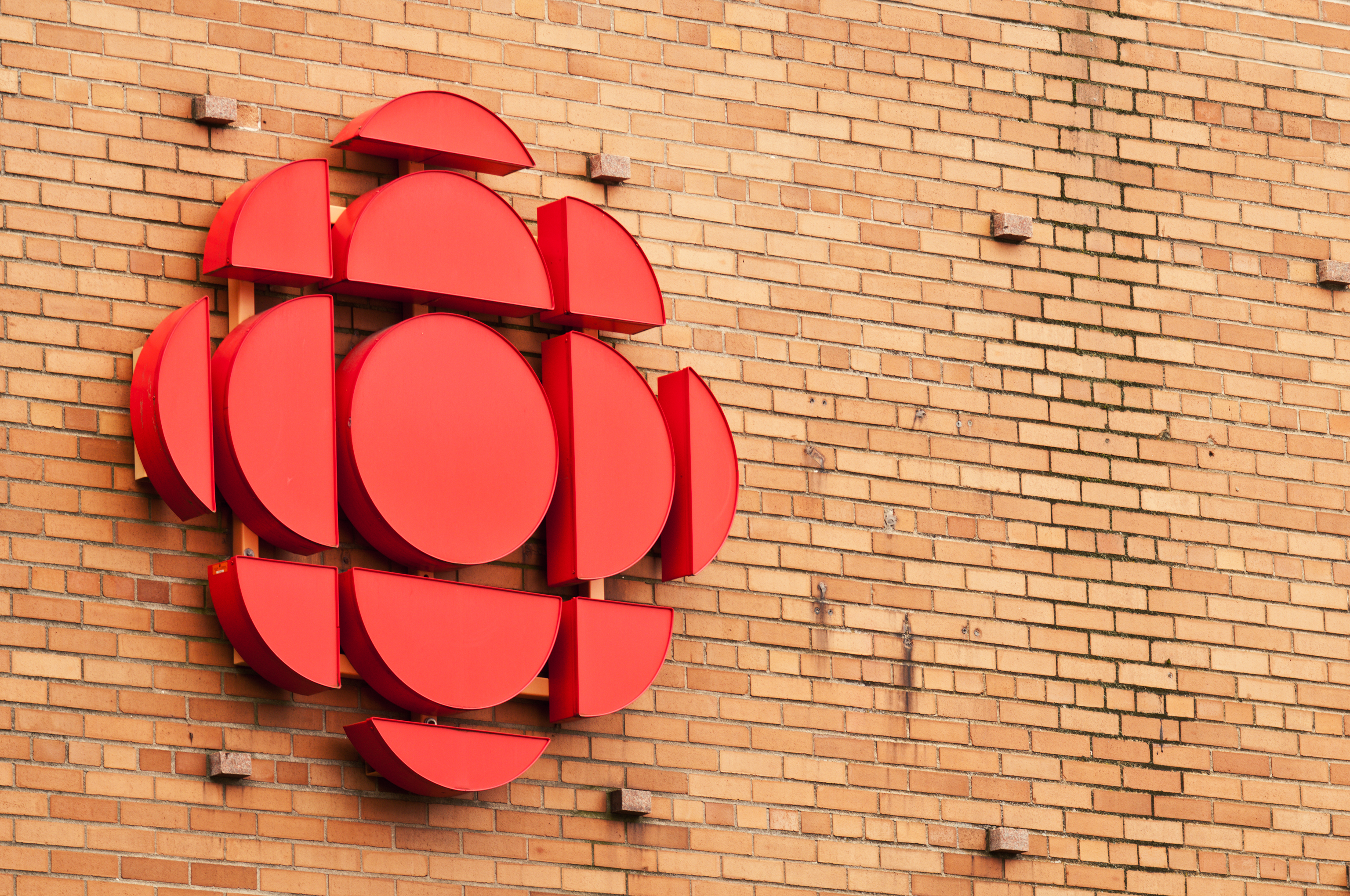Meta urged to take “much-needed humanitarian action” and restore news for wildfire-affected communities
23rd August 2023
CBC/Radio-Canada has called on Meta to exempt communities affected by the devastating wildfires from their ongoing news block, so they can access and share critical and lifesaving information.

IN BRIEF:
- Canada is experiencing its worst ever wildfire season, and Meta’s news block has been criticised for hindering communities’ access to information.
- CBC/Radio-Canada’s CEO and President has urged Meta to restore news services to the affected communities across Canada’s North.
- Both the Heritage Minister and the Prime Minister have condemned the decision by Meta.
QUICK TAKE:
Social media has become a vital tool in the public broadcaster’s toolkit, to disseminate urgent, lifesaving information. It is essential – especially in such a crisis – that audiences can access such trusted, verifiable information through these platforms.
IN FULL:
Canada’s public service broadcaster, CBC/Radio-Canada, has written to Meta, urging the tech company to restore news services on its platforms for audiences affected by wildfires. The country is in the midst of its worst-ever season of wildfires.
Meta has been rolling out its news block for Canadian users since June, following the passage of the Online News Act, which compels digital platforms like Meta and Google, to strike up content agreements with news providers. In protest, Meta decided to stop users’ access to news providers, both national and international.
But there are real fears now over how that decision will impact emergency response and the dissemination of urgent, life-saving information.
In Yellowknife in the Northwest Territories – where last week many residents were evacuated due to wildfires – a news conference announcing the evacuation covered live by CBC and local station, Cabin Radio, was instead blocked, and impossible to be shared via Facebook and Instagram. The editor of Cabin Radio, Ollie Williams, told CBC the ban is “stupid and dangerous and clearly should not be in place.”
In her letter, the President and CEO of CBC/Radio-Canada, Catherine Tait, urged Meta’s President of Global Affairs, Sir Nick Clegg, to take “much-needed humanitarian action”. “In such moments, the need for reliable, trusted, and up-to-date information can literally be the difference between life and death.
“People living in Canada’s North, including Indigenous Peoples, have come to depend on Facebook for timely news about their community. That information is currently being denied to them on Meta’s platforms.
Listen toour podcast
Uncovering and exploring the biggest
issues facing public media
“We are deeply concerned that Meta’s recent decision to block news accounts in Canada impairs awareness in those communities to rapidly changing conditions and emergency orders – and worse, creates a vacuum for misinformation and disinformation without counterbalancing news from Canadian media organizations on those platforms.”
Ms. Tait requested that the affected communities be exempted from the ongoing news ban so that they can “share critical news on those accounts, including evacuation order information.” Such a change “would have no impact on the application of the Online News Act in the short-term, nor would it trigger any payments from negotiated agreements.”
She was not the only public figure to decry the impact of the news ban on communities. The new Heritage Minister, Pascale St-Onge, accused Meta of putting “their own interests above public safety.”
Meanwhile, the Prime Minister, Justin Trudeau said, “Right now in an emergency situation, where up-to-date local information is more important than ever, Facebook is putting corporate profits ahead of people’s safety, ahead of quality local journalism. This is not the time for that.”
ANALYSIS:
As witnessed with COVID-19, independent news media play a vital role in relaying timely, lifesaving information. Audiences depend on this information, and social media is where many of them go to access that information. This is why Meta’s decision to block news is so distressing at a time of real crisis in Canada. When audiences rely on independent media to receive that information – from warnings to evacuation notices – it is essential they can access it and also share it widely with their own community.
Related Posts
23rd August 2023
BBC announces new talent scheme for Social Media Content Creators
The programme will provide…
24th July 2023
Light-hearted news on social media drawing Gen Z away from traditional sources
Online news sources – particularly…


